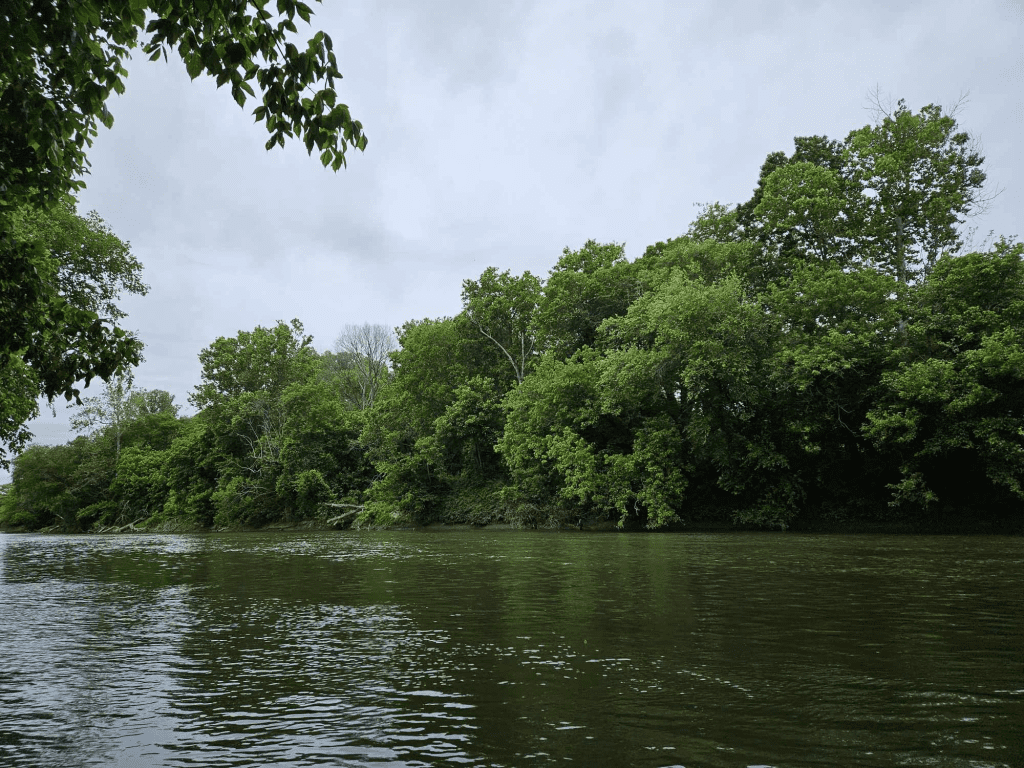Citing major gaps, groups call on federal agency to revise Mtn Valley Pipeline study
Contacts:
Ben Luckett, Appalachian Mountain Advocates: (304) 645-0125
Laurie Ardison, Protect Our Water, Heritage, Rights: (304) 646-8339
Kate Boyle, Appalachian Voices: (434) 293-6373
Anne Havermann, Chesapeake Climate Action Network: (240)396-1984
A coalition of 27 conservation and community groups is calling on the Federal Energy Regulatory Commission (FERC) to revise or supplement its draft environmental impact statement (DEIS) for the proposed Mountain Valley Pipeline. In a 15-page letter sent to FERC today, the groups say the agency has continued a pattern of failing to disclose key information to the public about the considerable impacts to the public and the environment of numerous proposed interstate fracked-gas pipelines.
Mountain Valley Pipeline, LLC, proposes to construct over 300 miles of 42-inch-diameter pipeline from Wetzel County, West Virginia to Pittsylvania County, Virginia. The company also plans to construct three huge compressor stations in Wetzel, Braxton, and Fayette counties, West Virginia. The Mountain Valley Pipeline would move fracked gas from the Appalachian Basin to the existing Transcontinental (Transco) Pipeline in Pittsylvania County for transport to markets in the Northeast, Mid-Atlantic, and Southeastern United States. The Transco Pipeline also feeds into the Dominion Cove Point Pipeline, which could lead to natural gas exports to India and Japan through the recently approved Cove Point LNG export terminal.
“It’s clear that FERC published the DEIS before it had all the information required to thoroughly analyze this massive pipeline,” said Ben Luckett, staff attorney with Appalachian Mountain Advocates. “FERC even acknowledges it still needs information about impacts on drinking water sources, as well as to important streams and wetlands. The public must have access to this crucial information if its review of FERC’s analysis is to have any meaning.”
The groups point to the Environmental Protection Agency’s recent comments concerning several other gas pipelines as evidence of a pattern of FERC inhibiting meaningful public participation. The comments show that FERC regularly allows pipeline companies to withhold critical information about their projects until after the public comment period has ended. EPA has raised these concerns about the proposed PennEast Pipeline, Atlantic Sunrise Pipeline, Sabal Pipeline, Constitution Pipeline, and Leach Xpress Pipeline. FERC is repeating this pattern in its review of the Mountain Valley Pipeline.
The groups also highlight EPA’s recent comments on another pipeline project. The EPA called FERC’s review of greenhouse gas emissions and climate change “very concerning” in light of recent federal guidance issued by the Council on Environmental Quality in August. That letter was highly critical of FERC’s environmental review of the Leach Xpress Pipeline proposed in Ohio, Pennsylvania, West Virginia and Kentucky. EPA requested a “headquarters level meeting” before FERC took any further action. The groups say the DEIS for the Mountain Valley Pipeline is equally deficient.
“In its comments on the Leach Xpress Pipeline, EPA faulted FERC for minimizing the project’s climate impacts by comparing its greenhouse gas emissions to statewide emissions, and glossing over emissions from production, transport, and combustion of the fracked gas,” said Anne Havermann, General Counsel for Chesapeake Climate Action Network. “The Mountain Valley Pipeline DEIS is even worse as it compares the project’s emissions to global emissions. As EPA and the recent federal guidance state, this is not an appropriate way to consider the impacts of greenhouse gas emissions.”
The conservation groups further faulted FERC for failing to determine if there is any actual public need for the project.
“It is simply unconscionable that FERC is pushing projects that would damage our land and water, take private property, and destroy our public recreational lands without even determining if they are truly necessary,” said Laurie Ardison, Co-Chair of Protect Our Water, Heritage, Rights. “This is a clear case of valuing corporate profits over the public welfare.”
“FERC continues its trend of failing to adequately review fossil fuel projects when it released the Mountain Valley Pipeline DEIS without adequate information,” said Kirk Bowers, Virginia Chapter, Sierra Club. “The release of the DEIS circumvents the NEPA review process, and deprives affected landowners and review agencies of the opportunity to respond to the threats the pipeline poses during the review process. FERC must end its practice of approval without proper review, and should put a hold on the MVP DEIS review until all information is complete and submitted by the pipeline developer.”
The letter was signed by Allegheny Defense Project, Appalachian Mountain Advocates, Appalachian Voices, Chesapeake Climate Action Network, Friends of Nelson, Friends of the Lower Greenbrier River, Greenbrier River Watershed Association, Heartwood, Indian Creek Watershed Association, Mountain Lakes Preservation Alliance, Natural Resources Defense Council, Ohio Valley Environmental Coalition, Preserve Giles County, Preserve Greenbrier County, Preserve Monroe, Preserve Montgomery County Virginia, Preserve Newport Historic Properties, Protect Our Water, Heritage, Rights (POWHR), Save Monroe, Sierra Club, Summers County Residents Against the Pipeline, The Border Conservancy, West Virginia Chapter of the Sierra Club, Virginia Chapter Sierra Club, West Virginia Highlands Conservancy, West Virginia Rivers Coalition, and Wild Virginia.
###



